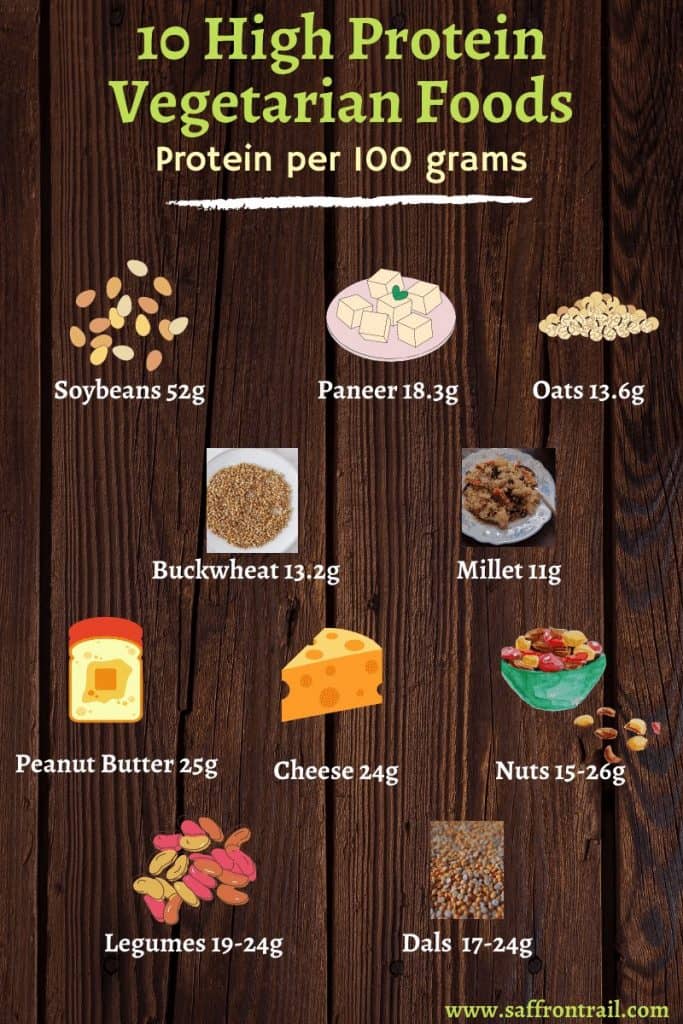Boost drinks are a high-protein option that can provide you with the energy and calories you need to increase your daily intake. Whey protein, which is abundant in boost drinks, helps to fuel muscles and provide the endurance you need throughout the day. A simple way to add extra calories without overindulging in unhealthier foods is to drink a Boost Nutrition Drink every day. All the options have 26 or more vitamins and minerals to support healthy weight gain. If you are able to increase your metabolism to burn more calories at rest through things like resistance training and adequate protein intake, this can help support your weight loss goals. What helps people gain weight in a healthy way are the extra calories and protein found in Boost. More importantly, consuming these can support you in keeping the weight off in the long run.
Eating spicy food could be beneficial for boosting your metabolism and help you maintain a moderate weight. However, the metabolism-boosting effect of spicy foods is quite small. Alone, the effects of adding spices to your food may be quite small. However, it may lead to a slight advantage when combined with other metabolism-boosting strategies.
This effect is particularly pronounced during overfeeding, or while eating at a caloric surplus. In one study, overfeeding with a high protein diet increased calories burned by 260 per day (12). This leads to a major reduction in hunger and is the main reason protein helps you lose weight. You’ll have to increase your caloric consumption by at least 500 calories per day, if not more. Diabetes food plans are often geared toward helping people lose, rather than gain, weight.
In this study, the participants lost an average of 11 pounds over a period of 12 weeks. Keep in mind that they only added protein to their diet, they did not intentionally restrict anything. High-protein diets are highly satiating, so they lead to reduced hunger and appetite compared to lower protein diets. This makes it much easier to restrict calories on a high-protein diet. Protein reduces levels of the hunger hormone ghrelin, while it boosts the appetite-reducing hormones GLP-1, peptide YY and cholecystokinin.
Most of the studies on protein and weight loss expressed protein intake as a percentage of calories. Eating plenty of protein can help prevent muscle loss when you lose weight. It can also help keep your metabolic rate high, especially when combined with heavy strength training.
How can I add high-calorie foods to my diet?
The bottom line is that restricting calories doesn’t always result in long-lasting weight loss. Calorie cycling or calorie shifting might be better than simply reducing calories, but the evidence isn’t strong. It’s also important to take into account the many chemical and biological processes that affect weight loss. Here are three factors that could determine how well calorie cycling works. As always, talk to your doctor or dietitian before adding any kind of supplement or starting a new diet or exercise regimen. By permanently increasing your protein intake, you tip the “calories in vs calories out” balance in your favor.
Eating more protein can lead to major reductions in cravings and the desire to snack late at night. These changes should make it much easier to stick to a healthy diet. About 20-30% of protein calories are burned while the body is digesting and metabolizing the protein. This is a detailed review of the effects of protein on weight loss. Protein can help you lose weight and belly fat, and it works via several different mechanisms. Try to drink fluids an hour or more before your meals or shortly after you finish eating, rather than during meals.
Do I need more calories now that I have kidney disease?
Read more about boost vhc here.
BOOST® nutritional drinks are meant to supplement your normal diet. However, you can drink BOOST® as a nutrient-packed snack or mini-meal, or as a protein pick-me-up after exercising. BOOST® can also be a complement to a meal by pairing it with breakfast, lunch or dinner.
Boost Original Nutritional Drink provides 240 calories per serving in an 8-fluid-ounce bottle. Each serving provides 10 grams of protein, 4 grams of fat, 41 grams of carbs (including 3 grams of fiber and 20 grams of sugars) and 26 different vitamins and minerals. If you have other questions, you should speak to your doctor or dietitian. The dietitian can help you with a meal plan that will provide enough calories to help you gain weight or keep from losing weight.




